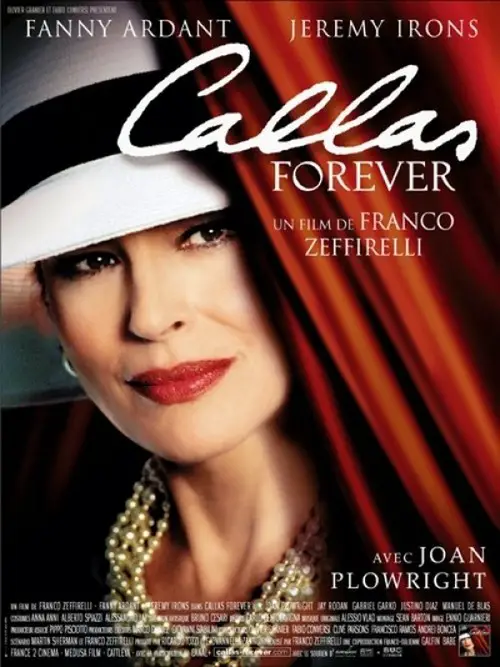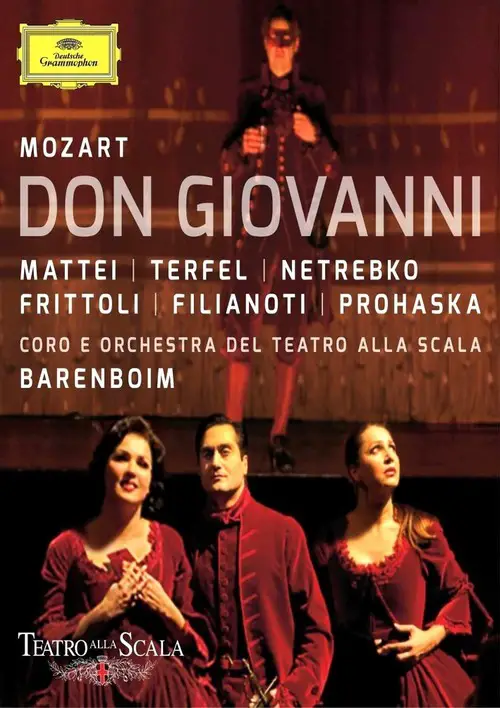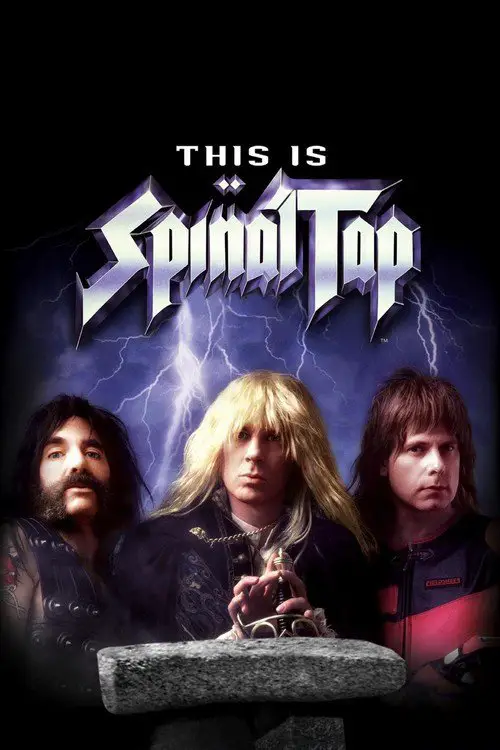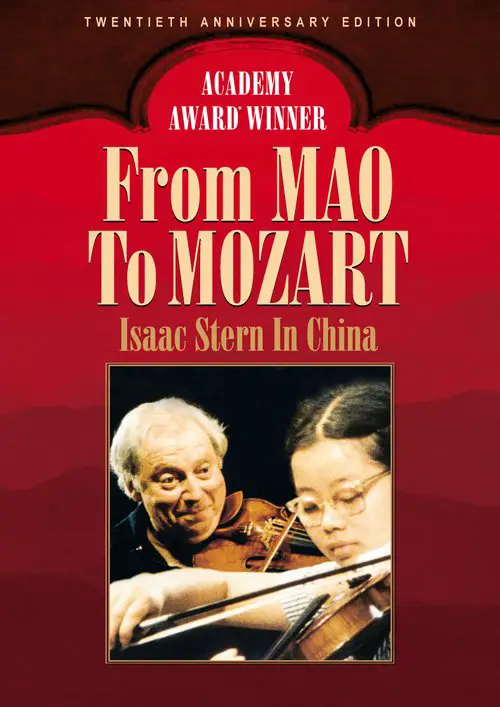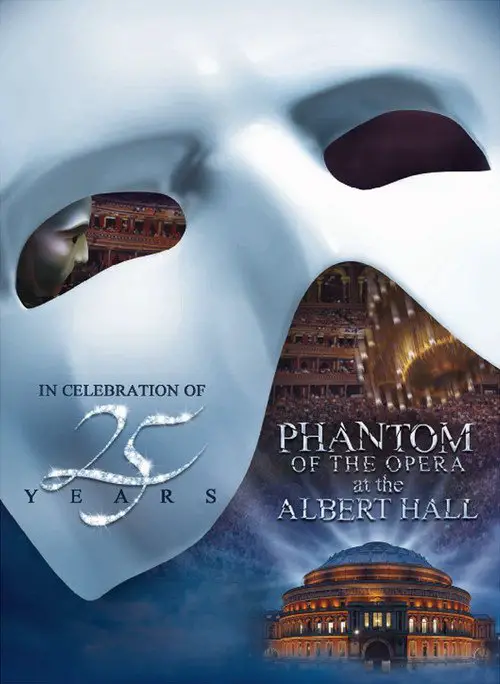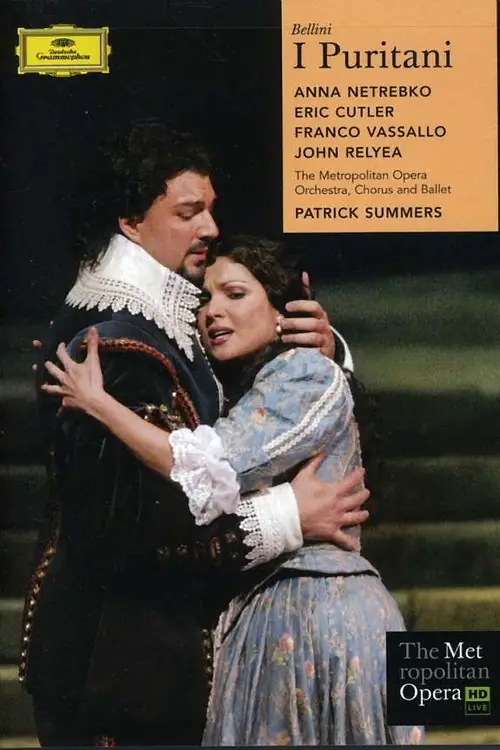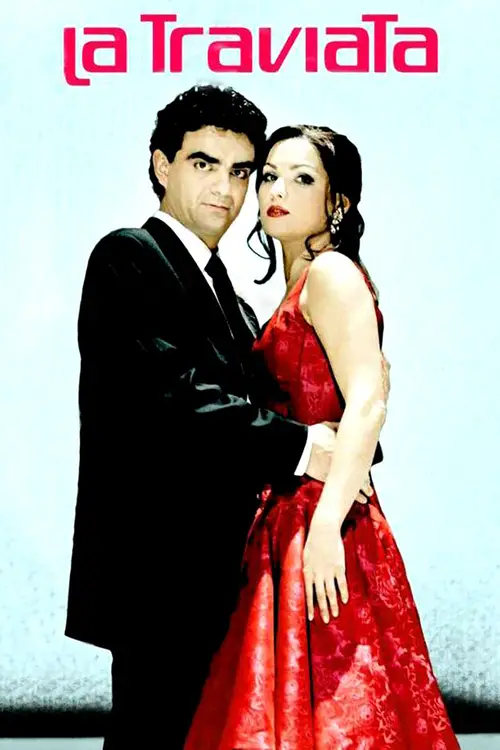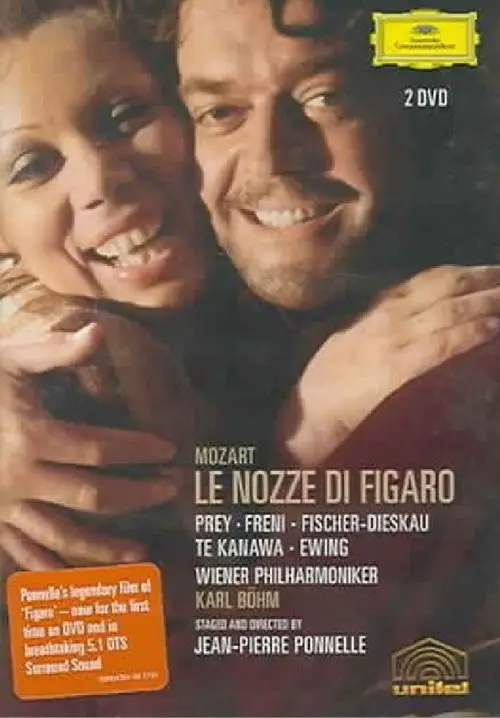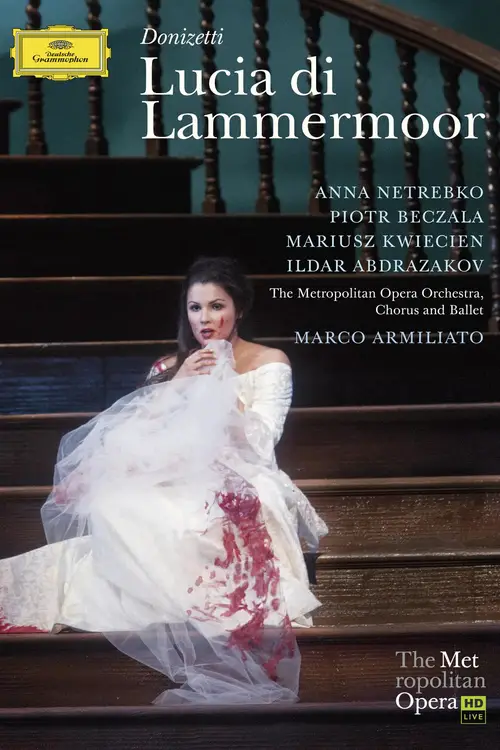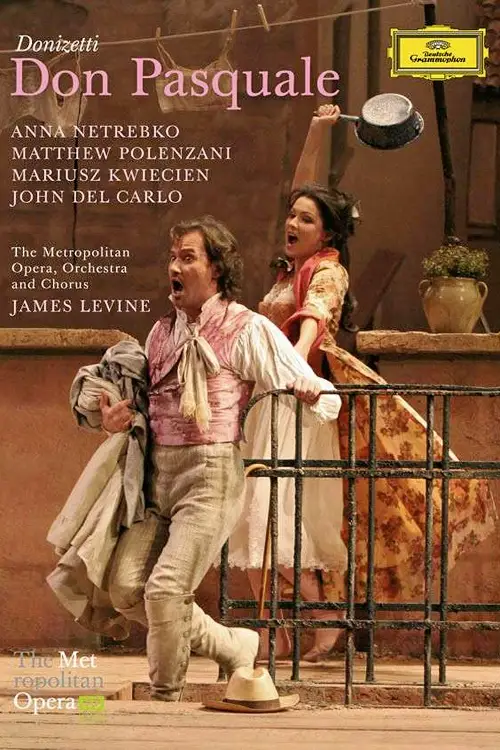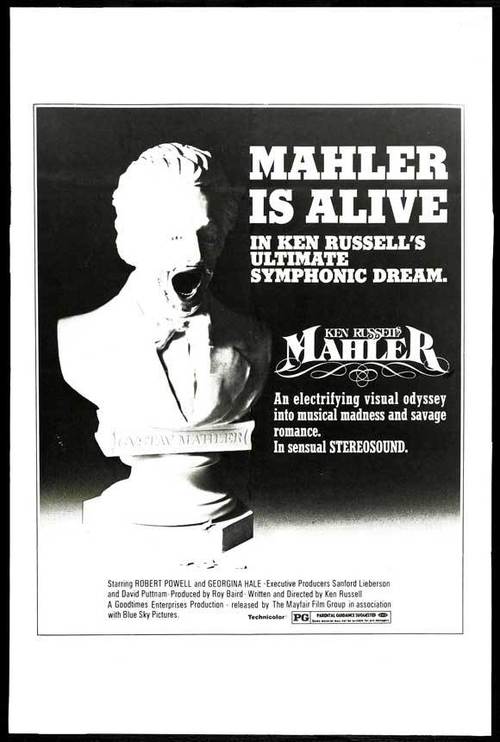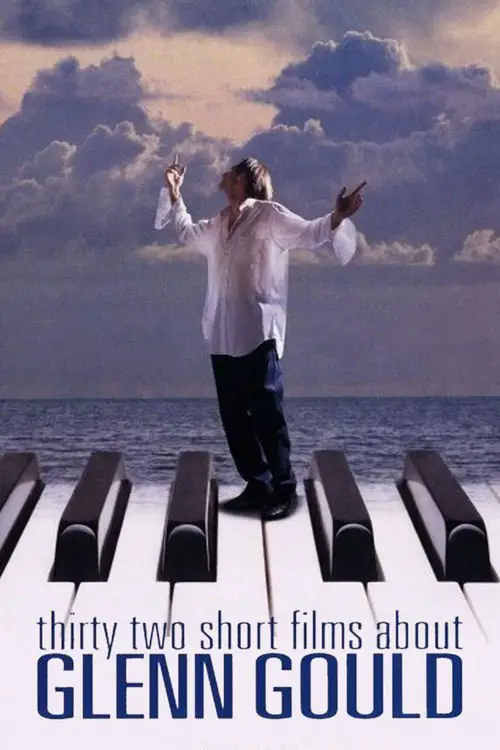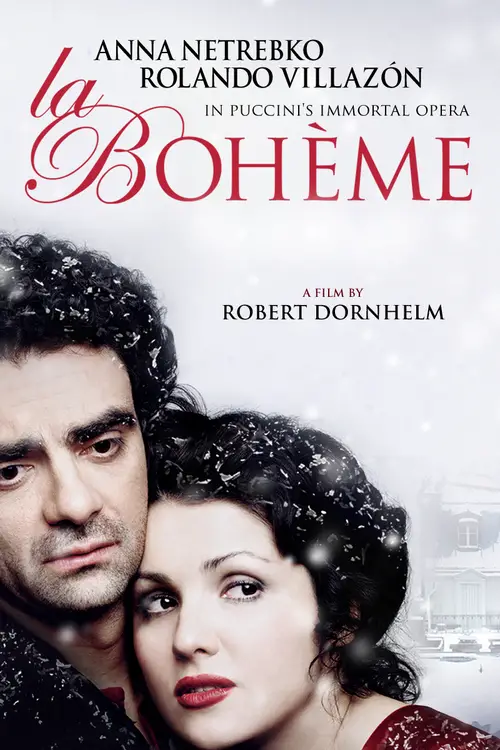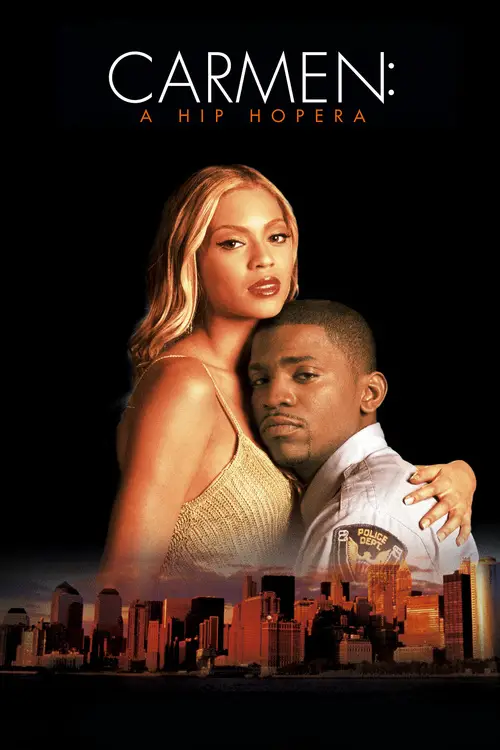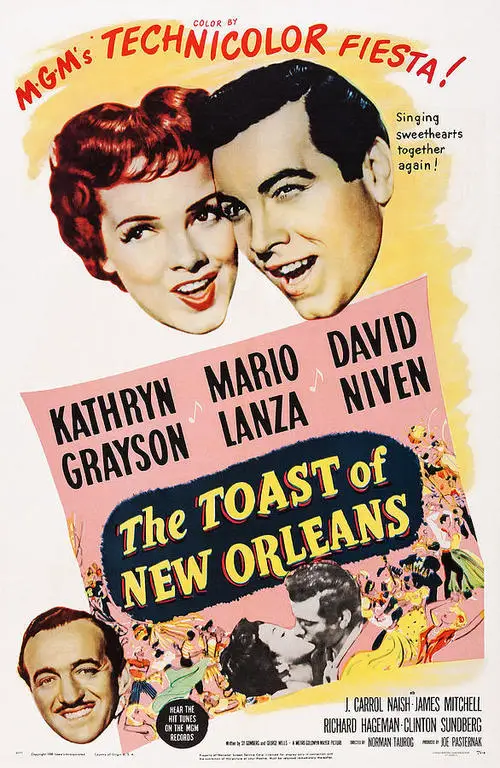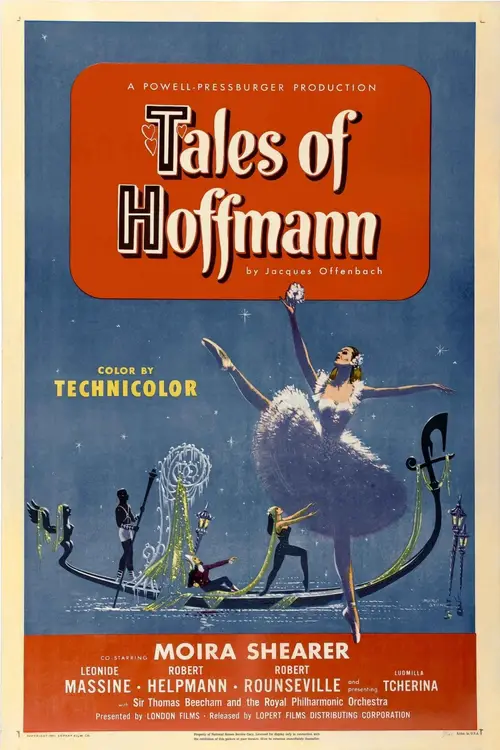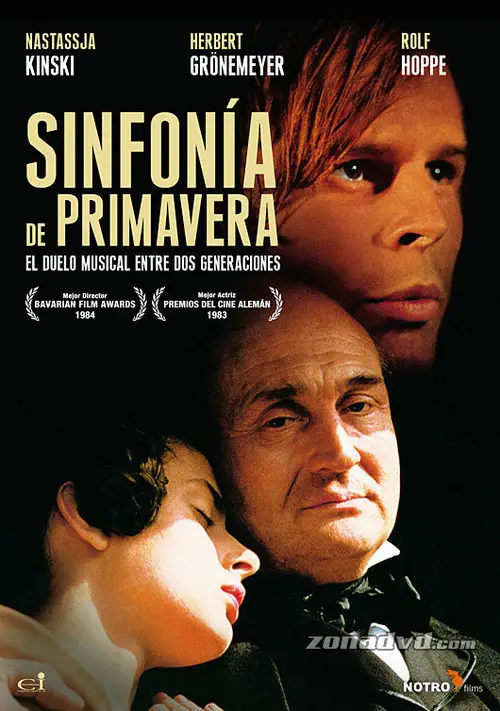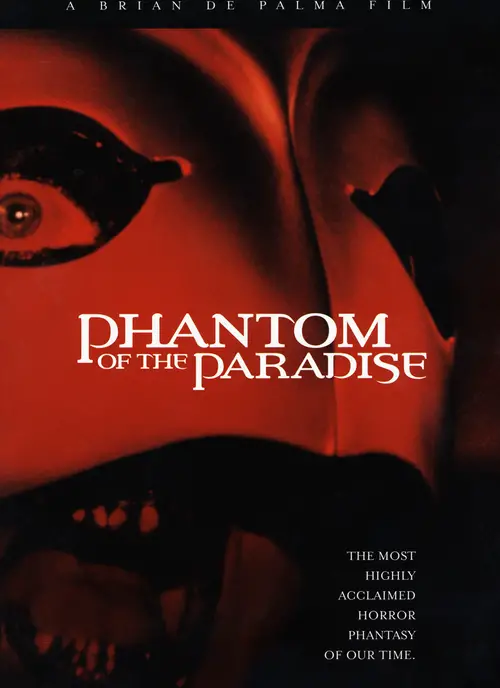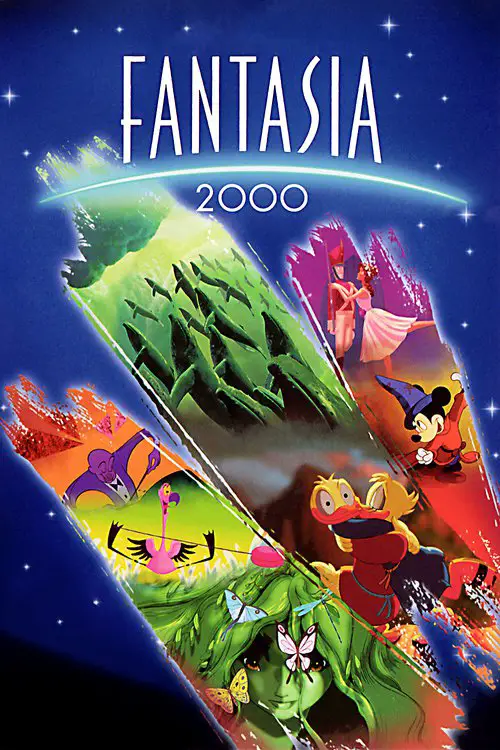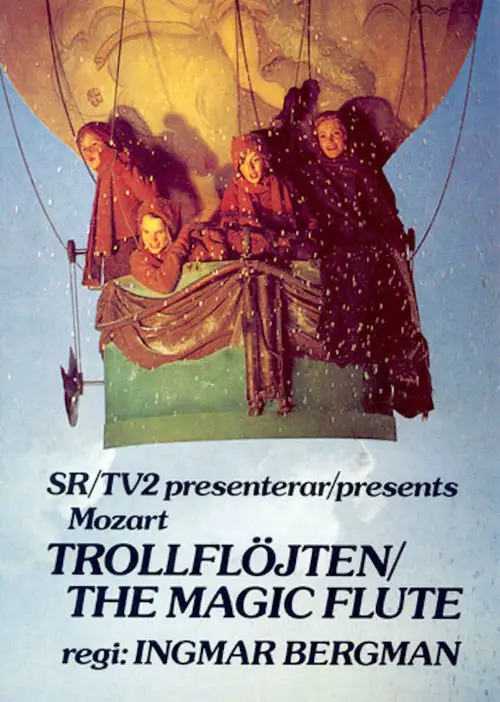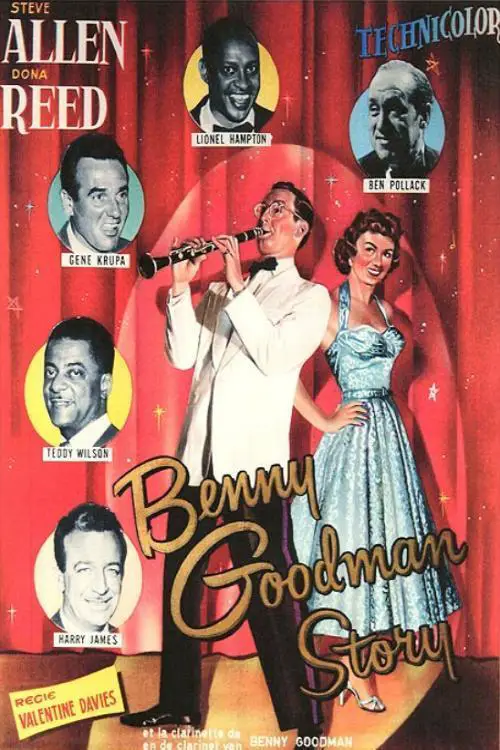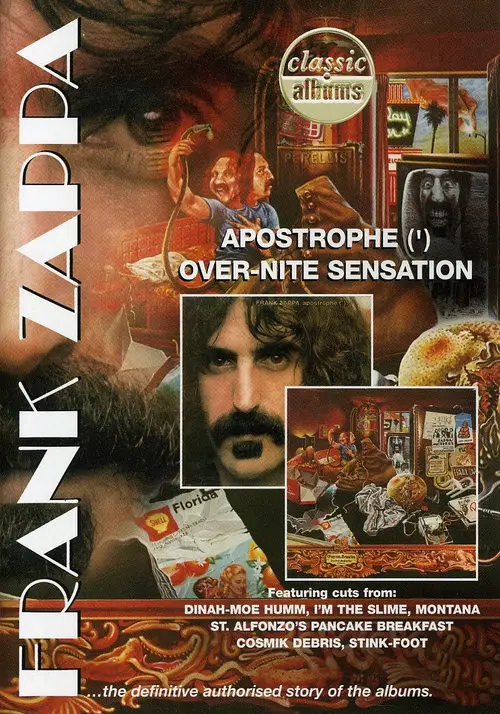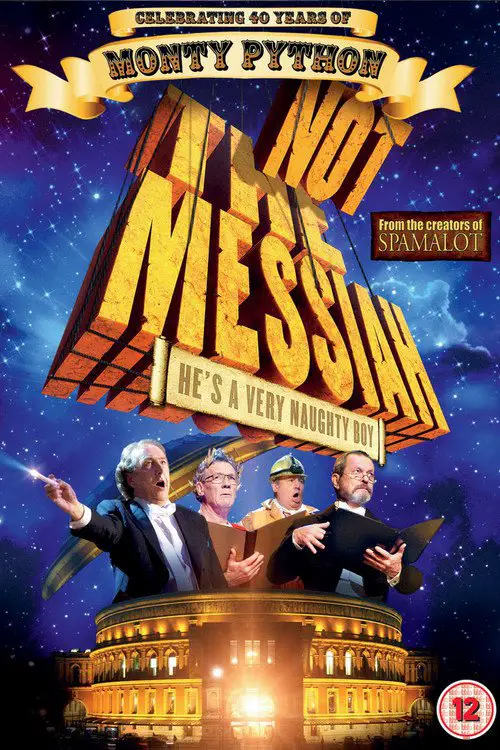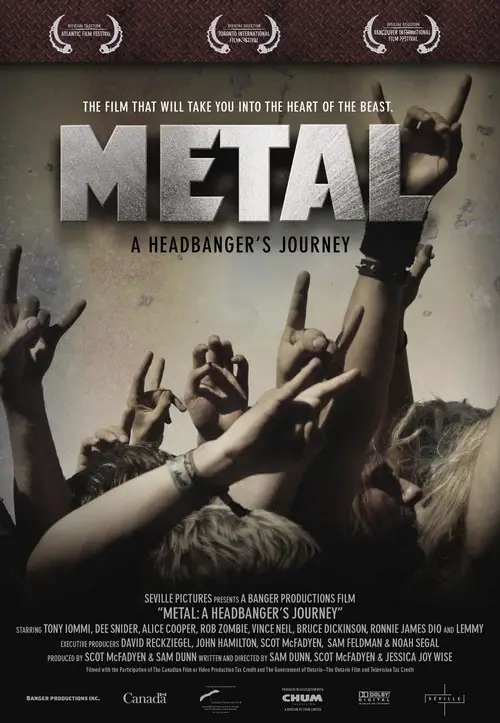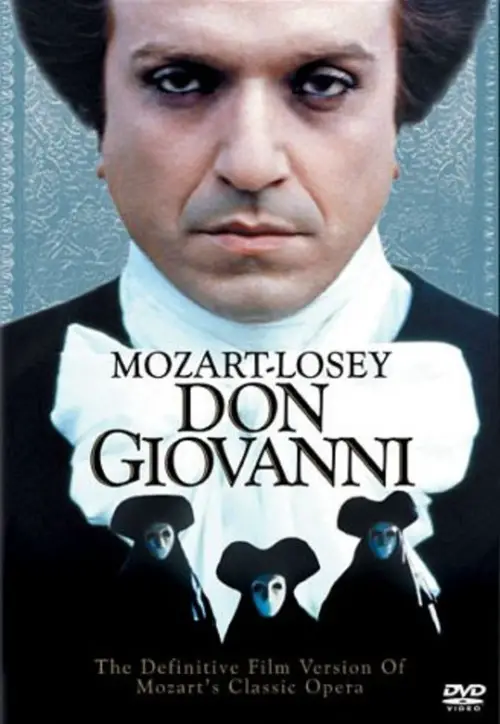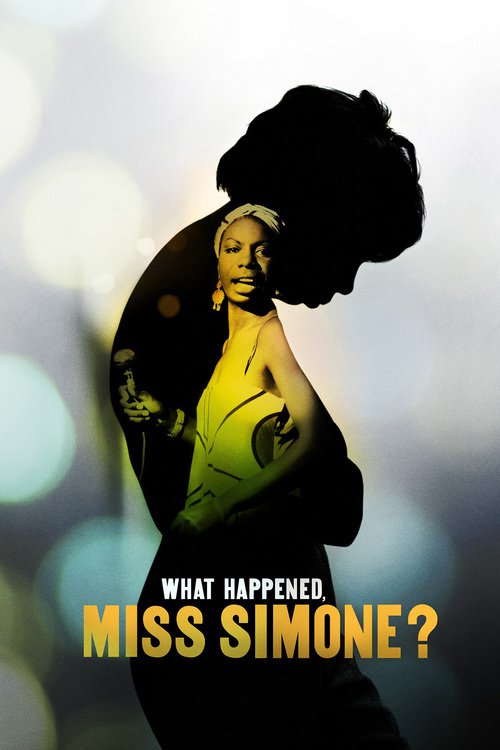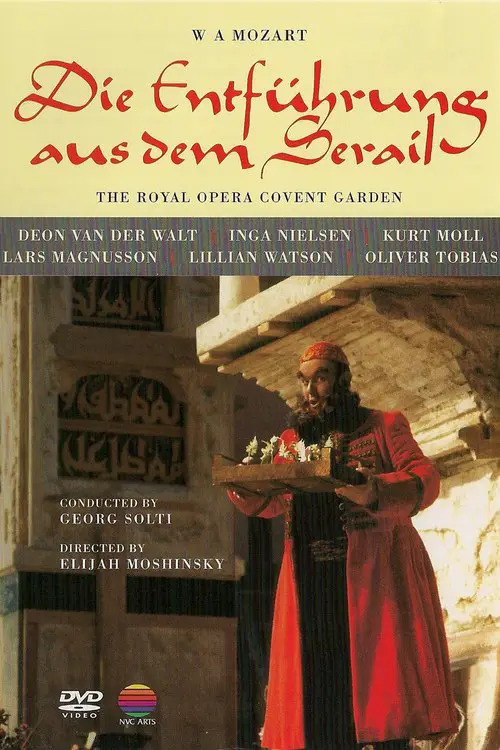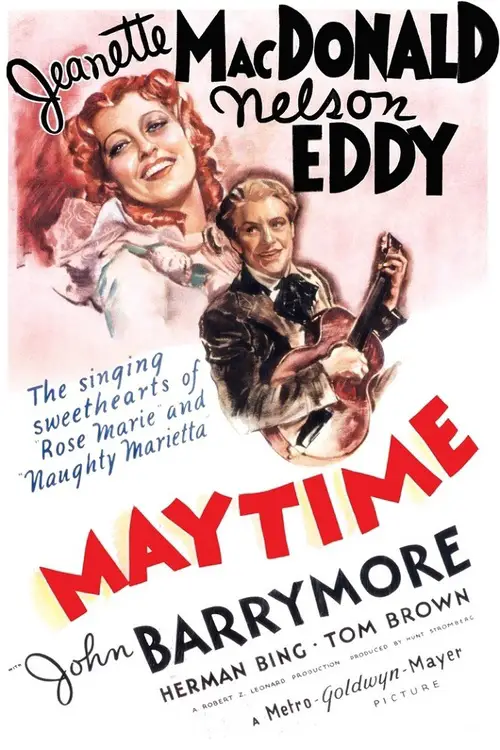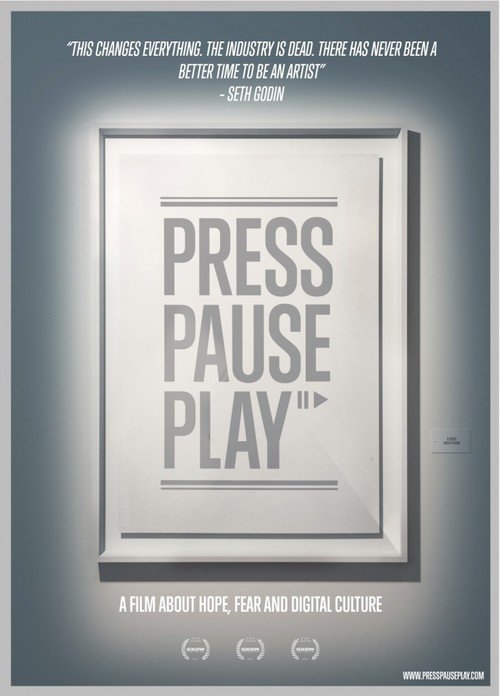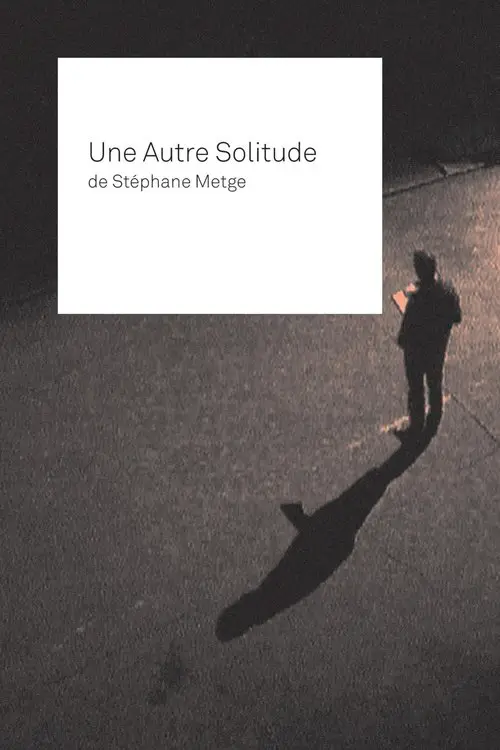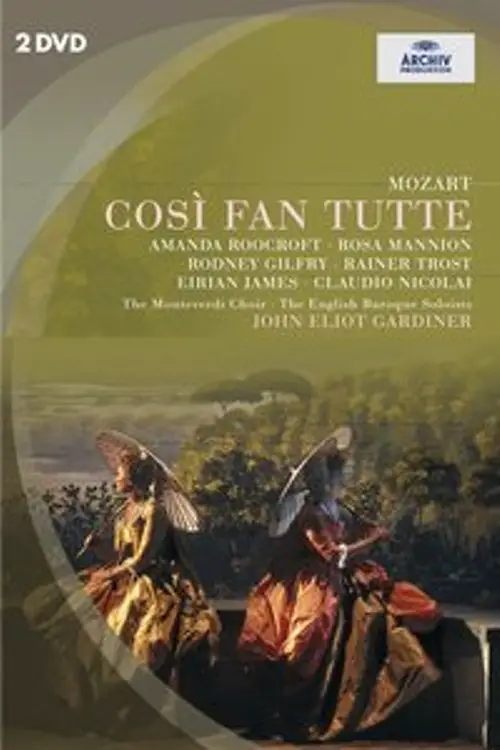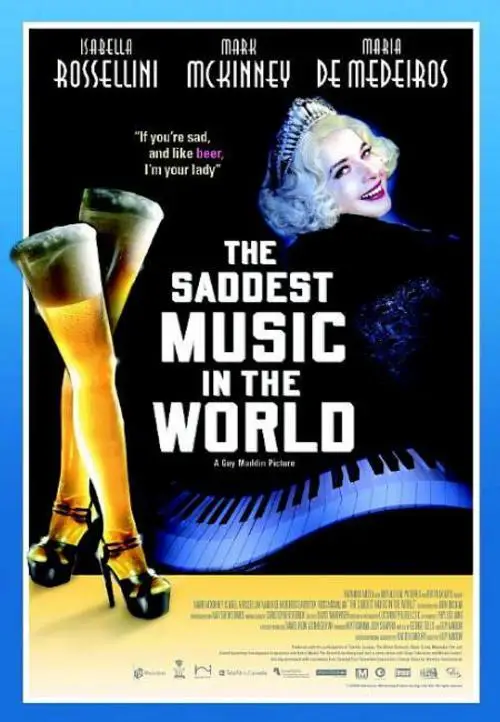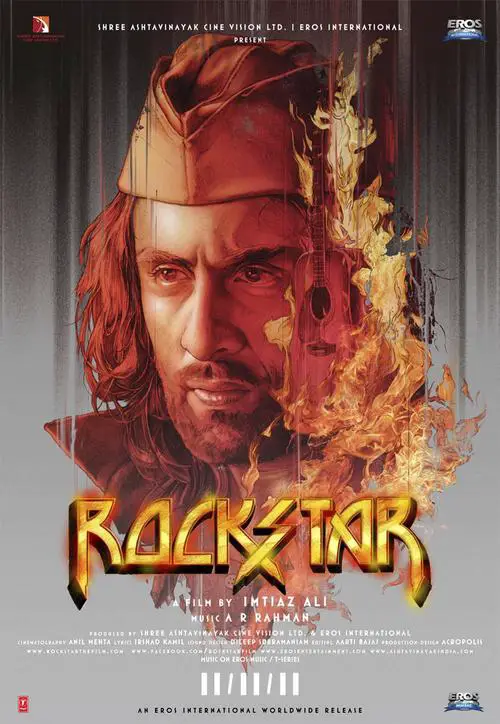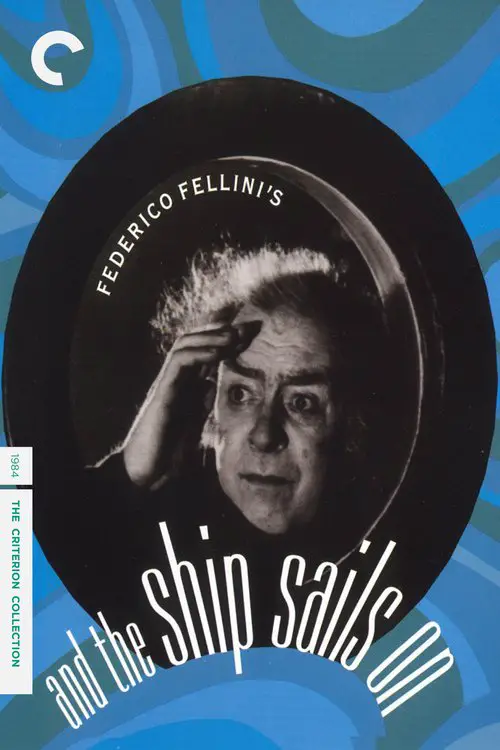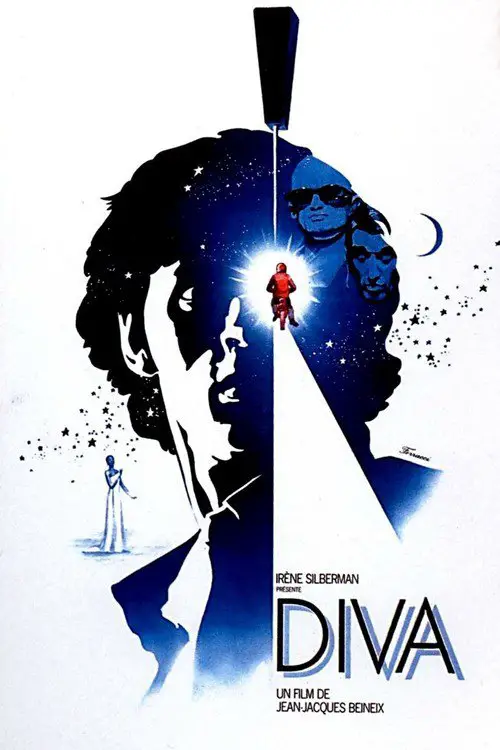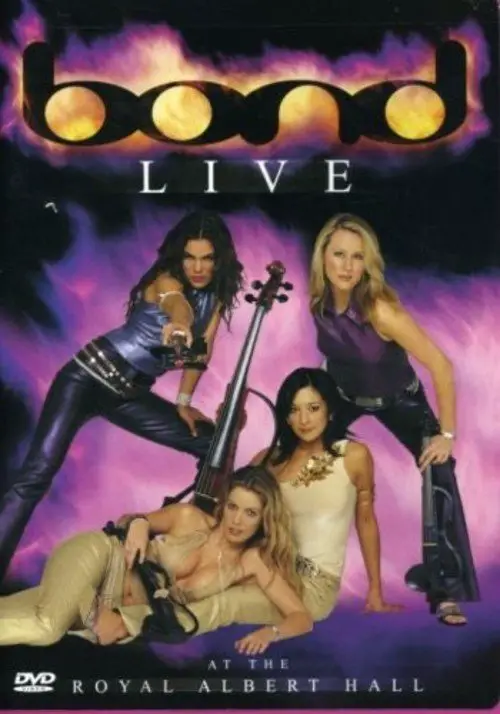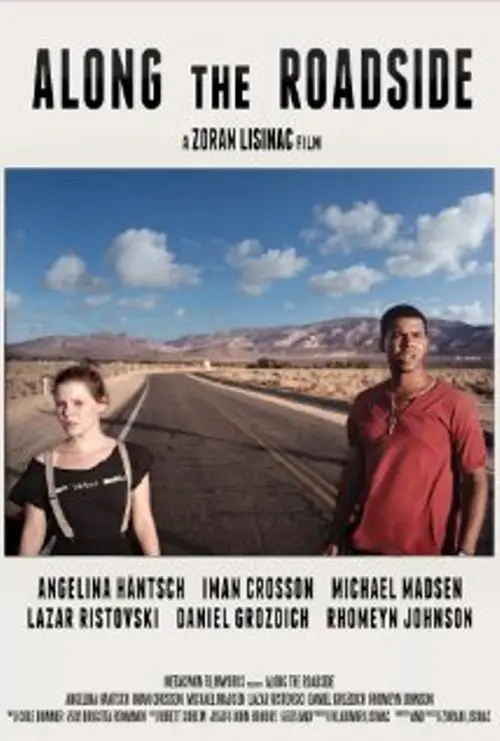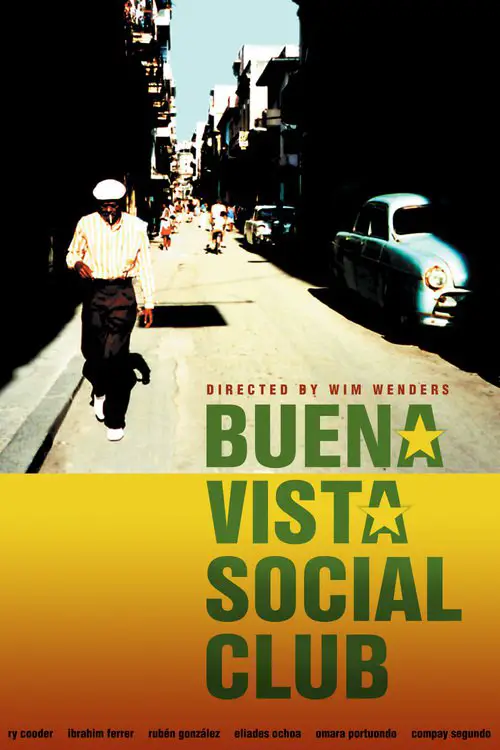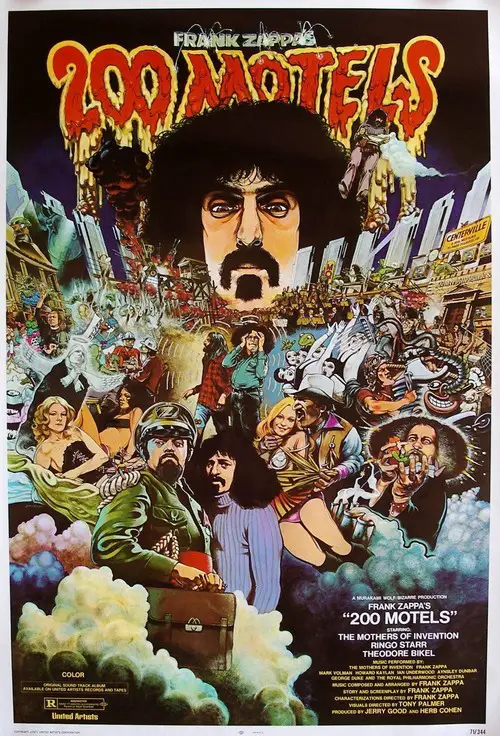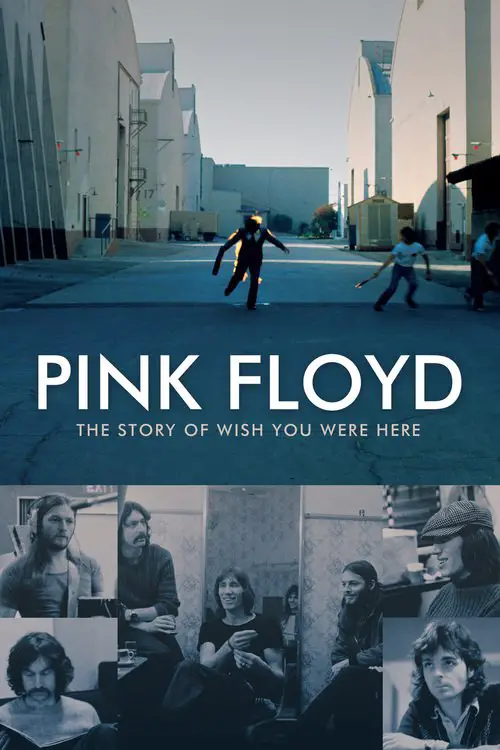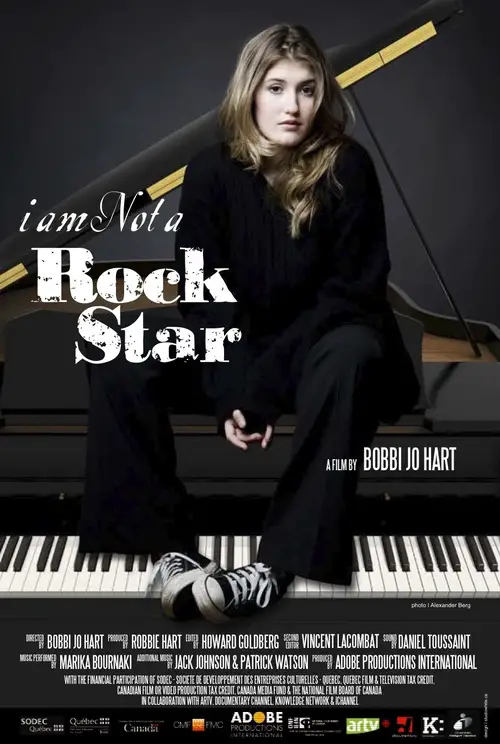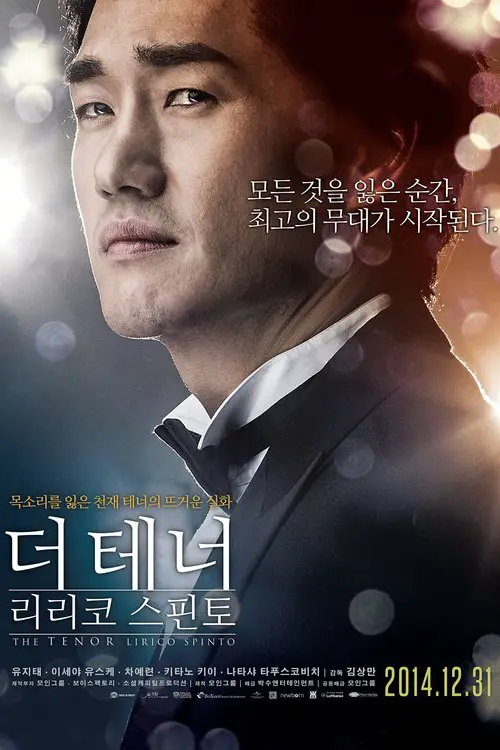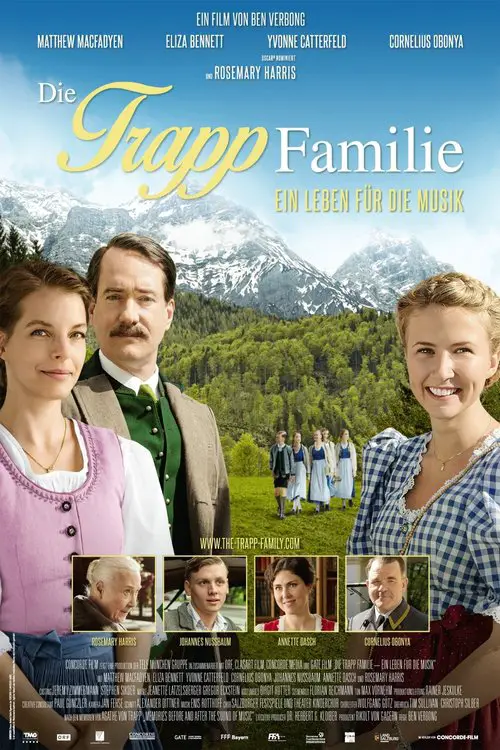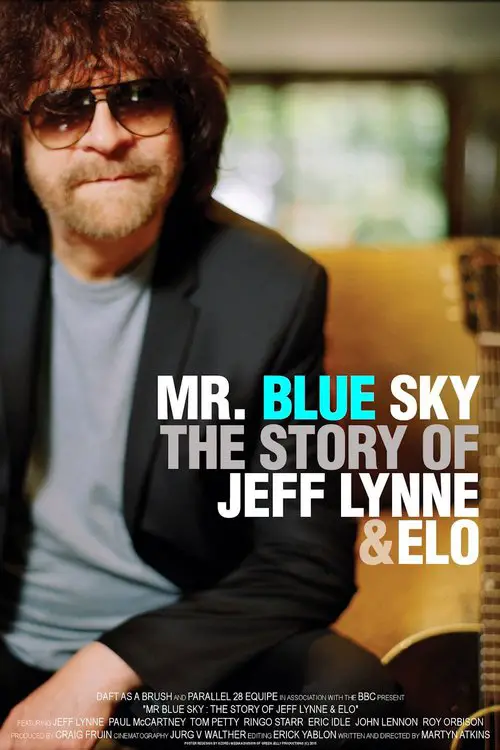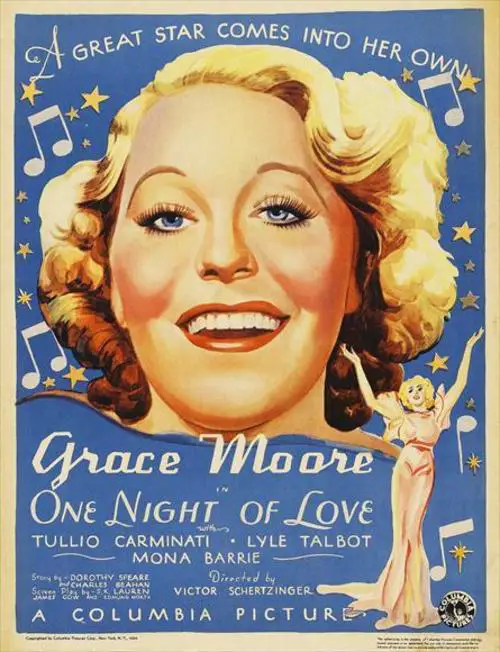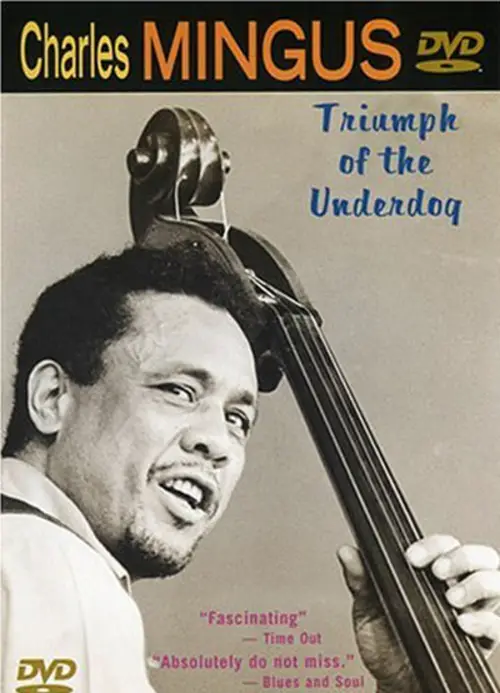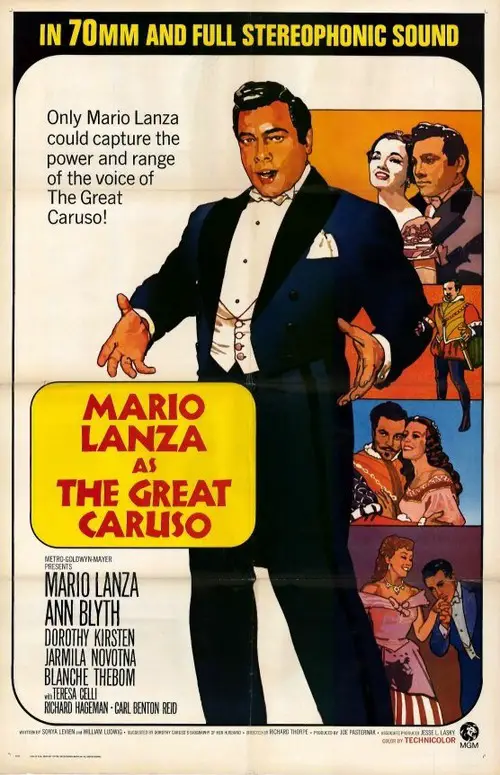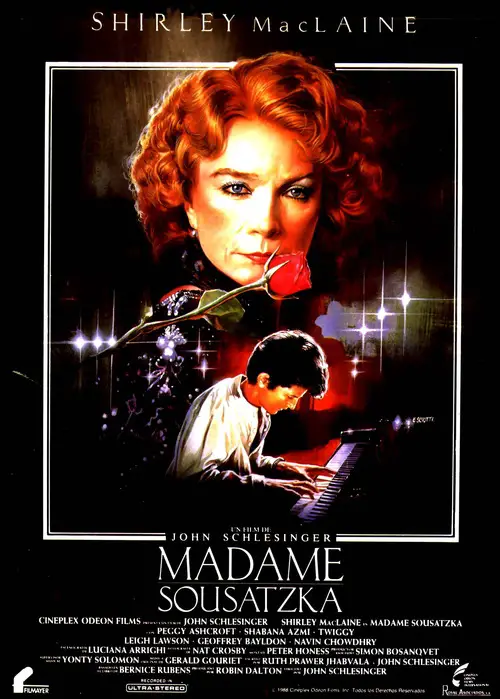The Marriage of Figaro (2007)
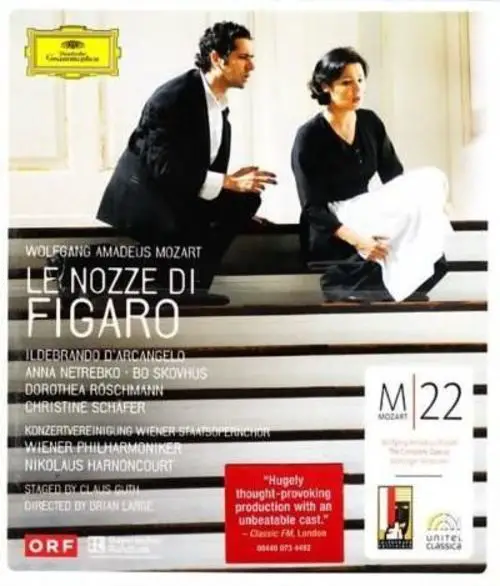
Similar movies
Legendary British rock band Spinal Tap is followed by a documentary film-maker during their attempt at an American comeback tour. The resulting film, interspersed with powerful performances showcasing Tap's pivotal music and profound lyrics, candidly follows the group as the difficult industry threatens to fade them into obscurity.
Live from The Metropolitan Opera, international sensation Anna Netrebko sings Elvira Walton (and her famous mad scene) in I PURITANI, a spectacular production revived especially for Ms. Netrebko. The stellar cast includes tenor Eric Cutler as Arturo, Franco Vassallo as Riccardo, and John Relyea as Giorgio. The Music Director of the Houston Grand Opera, Patrick Summers, conducts the magnificent Metropolitan Opera Orchestra and Chorus. Included is a bonus DVD containing revealing conversations between Anna Netrebko and Renée Fleming, as well as the late Beverly Sills. The stunning performance on this DVD has been adored by millions of people already through its live transmission in high-definition to movie theatres in the US, Canada and Europe, and broadcasted live on Metropolitan Opera Radio and on Sirius Satellite radio channel 85.
Violetta, a courtesan much wooed by Parisian society, organizes a grand party that is attended, amongst others, by the young Alfredo Germont. He confesses his feelings to Violetta, who is already suffering from consumption. She vacillates between genuine affection and a realistic assessment of her situation as a "fallen woman", which precludes any lasting relationship with a man. The Willy Decker production of LA TRAVIATA, recorded live at the Salzburger Festspiele in August, 2005. Anna Netrebko stars as Violetta Valéry, with Rolando Villazón as Alfredo Germont and Thomas Hampson as Giorgio Germont. Carlo Rizzi conducts the Wiener Philharmoniker.
The emotionally fragile Lucia is driven to madness when manipulated to marry a man she does not love. Featuring the most famous mad scene in the repertory and full of ravishingly beautiful melodies, this timeless opera evokes the passion and desperation of a woman used by her brother as a political pawn. e Met has since shipped nearly 35,000 units. Now it is coming to Blu-Ray for the first time. Having dazzled opera audiences as Lucia from St. Petersburg to Los Angeles, in 2009 Anna Netrebko returned to the Met in Mary Zimmerman´s âimaginative stagingâ (The New York Times) of Donizetti's bel canto masterpiece LUCIA DI LAMMERMOOR.
After disinheriting his nephew Ernesto, the elderly DON PASQUALE seeks a wife to produce an heir for his estate. Dr. Malatesta sympathizes with Ernesto and devises a plan to help Ernesto regain his inheritance and the widow Norina. In this Metropolitan Opera production of Donizetti's lighthearted opera, Anna Netrebko is a brazen, beautiful, vocally indomitable and utterly winning Norina while Mariusz Kwiecien, as Malatesta, uses his voice and physique with force and wit. Otto Schenk's direction allows Donizetti's buffo charmer to resonate with deepter and more stimulating emotions.
The film begins on a train journey with Gustav Mahler (Robert Powell) and his wife Alma (Georgina Hale) confronting their failing marriage. The story is then recounted in a series of flashbacks (some of which are surrealistic and nightmarish), taking one through Mahler's childhood, his brother's suicide, his experience with anti-semitism, his conversion from Judaism to Catholicism, his marital problems, and the death of his young daughter. The film also contains a surreal fantasy sequence involving the anti-Semitic Cosima Wagner (Antonia Ellis), widow of Richard Wagner, whose objections to his taking control of the Court Opera were supposedly removed by his conversion to Catholicism. In the process, the film explores Mahler's music and its relationship to his life.
Fantasia is the adventurous 1940 experiment from Disney. The film sets Disney animated characters to classical music as Mickey Mouse uses his magic wand to set broomsticks dancing in one of the more famous elaborate scenes. The film was groundbreaking in its usage of animation and music and is still considered a masterpiece decades later.
In 1830s Paris four arty types shiver in a garret, owing rent but when one of their number,musician Schaunard,earns money they are all set to buy a meal in a nearby restaurant. Poet Rodolpho stays behind to finish his writing and is interrupted by Lucia,known as Mimi,a seamstress from the next apartment. They are instantly attracted to each other and catch the others up at the restaurant where Rodolpho's painter friend Marcello is re-acquainted with his flirtatious ex-girlfriend Musetta, who dumps her sugar daddy,after getting him to pay everyone's bill,for him. Some time later Musetta and Alfredo are living together,as are Mimi and Rodolpho,but he is aware that she has tuberculosis and is mean to her in the hopes she will leave him for someone who can take better care of her. Eventually she does,Musetta splits from Marcello and the four men resume garret life. They are visited
Based on Verdi's (Bizet's not Verdi's)classic opera and its all African American musical counterpart Carmen Jones, Carmen a Hiphopera is a modern retelling of the story of the tragic gypsy Carmen. The setting has been taken from the hots streets of Barcelona and is now in scorching urban Philadelphia. This time Carmen Brown is an aspiring actress who in her own words 'leaves the whole town speechless.' Her sultry looks and carefree confidence attract the attention of everyone from crooked cop Luietenant Miller to famous rapper Blaze. However Carmen has eyes on the one man she can't have- Seargeant Derrick Hill who is engaged. Yet nothing stops Carmen Brown getting what she wants- except perhaps a trip to LA and an ominous tarot cards prophecy.
"Spring Symphony" is the story of Robert Schumann and Clara Wieck. Both were music entities. Robert Schumann turns out to have been a second tier composer, if that, never rising to the heights of a Beethoven or Mozart. In contrast, Clara Wieck was a master technician in the playing of the piano, a composer (probably not at Schumann's level), and was a child prodigy.
Rock Opera version of Phantom Of The Opera with elements of Faust. Record producer Swan steals both the music and the girl (Phoenix) from composer Leach. Disfigured Leach plans revenge on Swan and his rock palace, The Paradise, and becomes The Phantom. Leach signs contract with Swan to complete rock opera based on the life of Faust for Phoenix. Double crossed by Swan who hires heavy metal singer Beef, Leach exacts his vengeance.
The Magic Flute (Swedish: Trollflöjten) is Ingmar Bergman's 1975 film version of Mozart's opera Die Zauberflöte. It was intended as a television production and was first shown on Swedish television but was followed by a cinema release later that year. The film was shown at the 1975 Cannes Film Festival, but was not entered into the main competition. The film is notable as the first made-for-television film with a stereo soundtrack. However, because of its 1975 television origins, it was not made in widescreen.
The Benny Goodman Story is a biographical film starring Steve Allen and Donna Reed, directed by Valentine Davies and released by Universal Studios in 1956. The film is based on the life of famed clarinetist Benny Goodman, who recorded most of the clarinet solos used in the film. The film captures several major moments in Goodman's life but it has been described as less than accurate in details. Goodman's Jewish background is never explicitly mentioned, despite it playing a part in his artistic and personal endeavors for decades. In one scene, where his mother tries to talk him out of a romance with Alice Hammond, played by Donna Reed, whom Goodman eventually married, she says, "Bagels and caviar don't mix."
This episode focuses on Zappa's early 70s albums, Overnight Sensation (1973) and Apostrophy (') (1974). Together they encapsulate Zappa's extraordinary musical diversity and were also the 2 most commercially successful albums that he released in his prolific career. Included are interviews, musical demonstrations, rare archive & home movie footage, plus live performances to tell the story behind the conception and recording of these groundbreaking albums. Extras include additional interviews and demonstrations not included in the broadcast version, 2 full performances from the Roxy in 1973 and Saturday Night Live in 1976, and new full live performance done specially for these Classic Albums.
It is about a music school in Philadelphia, The Paul Green School of Rock Music, run by Paul Green that teaches kids ages 9 to 17 how to play rock music and be rock stars. Paul Green teaches his students how to play music such as Black Sabbath and Frank Zappa better than anyone expects them to by using a unique style of teaching that includes getting very angry and acting childish.
Not The Messiah (He's a Very Naughty Boy) is a comic oratorio based on Monty Python's Life of Brian, which retells the tragic tale of Mandy, impregnated by a Roman soldier, giving birth to Brian, a reluctant revolutionary of the People's Front of Judea who falls in love with Judith, gets mistaken for a Messiah and is arrested by the Romans and sentenced to be crucified. It ranges in reference from Handel, through a naughty Mozart duet, to the Festival of Nine Carols, Bob Dylan, and the classic finale "Always Look on the Bright Side of Life".
The film discusses the traits and originators of some of metal's many subgenres, including the New Wave of British Heavy Metal, power metal, Nu metal, glam metal, thrash metal, black metal, and death metal. Dunn uses a family-tree-type flowchart to document some of the most popular metal subgenres. The film also explores various aspects of heavy metal culture.
Screen adapatation of Mozart's greatest opera. Don Giovanni, the infamous womanizer, makes one conquest after another until the ghost of Donna Anna's father, the Commendatore, (whom Giovanni killed) makes his appearance. He offers Giovanni one last chance to repent for his multitudinious improprieties. He will not change his ways So, he is sucked down into hell by evil spirits. High drama, hysterical comedy, magnificent music! (and unfortunately poor direction by film maker Joseph Losey. The final scene looks more like an industrial mishap than a supernatural event.)
Mozart's famous Singspiel after Christoph Friedrich Bretzner's work "Belmonte und Konstanze", DIE ENTFÃHRUNG AUS DEM SERAIL comes to life in the sumptuous setting of Topkapi, the Ottoman sultans' own Istanbul seraglio (palace harem). Belmonte finds his fiancée Konstanze and her English maid Blondchen, who were captured and sold by pirates, in the Mediterranean seraglio of the Ottoman pasha Selim. Belmonte's servant Pedrillo gets him engaged as builder. After Selim tried to enforce himself upon Konstanze, Pedrillo and Blondchen, his own sweetheart, prepare their flight, managing to get Osmin, the pasha's overseer, drunk. Yet Osmin and Selim's guard still capture them, already in the garden; however the touching display of true love melts the pasha's heart, so he lets them go.
The digital revolution of the last decade has unleashed creativity and talent of people in an unprecedented way, unleashing unlimited creative opportunites. But does democratized culture mean better art, film, music and literature or is true talent instead flooded and drowned in the vast digital ocean of mass culture? Is it cultural democracy or mediocrity? This is the question addressed by PressPausePlay, a documentary film containing interviews with some of the worldâs most influential creators of the digital era.
A look at the entire process of creating and developing Patrice Chéreauâs third staging of "In the Solitude of Cotton Fields" by Bernard Marie Koltès with Pascal Greggory and Chéreau himself. From the first reading around the table through the first contact with the performance space, rehearsals and lighting to opening night, the entire creative process unfurls in front of our eyes. The film shows us the evolving and ongoing dialogue between Greggory and Chéreau, a dialogue full of crises and magical moments of harmony and insight via which the truth, intensity, complexity, mystery and depth of Koltèsâ text gradually emerge to form an implicit bond between these two men. The film also shows Chéreau directing rehearsals for Mozartâs "Don Giovanni" in Salzburg, revealing both the unity of and profound differences between his opera and theater work.
Mozart and Da Ponte use the theme of "fiancée swapping", which dates back to the 13th century; notable earlier versions are found in Boccaccio's Decameron and Shakespeare's play Cymbeline. Elements from Shakespeare's The Taming of the Shrew are also present. Furthermore, it incorporates elements of the myth of Procris as found in Ovid's Metamorphoses, vii.[10] Place: Naples Time: the 18th century
In Depression-era Winnipeg, a legless beer baroness hosts a contest for the saddest music in the world, offering a grand prize of $25,000. Contestants flock in from around the globe. Representing America is Chester Kent, a theatre producer who thinks he's an American despite being Canadian; representing Serbia is his brother, Gavrilo the Great, who is succumbing to madness over the death of his son; and representing Canada is their father, a pathetic drunkard. As the competition builds toward its climax, these estranged characters are brought together to express their deep feelings of pain and ultimately give in to treachery.
Filmed at their Royal Albert Hall debut gig in September 2000, Bond Live is a slick showcase for four classically trained, ex-session musicians and their fusion of string quartet and rock music. Whatever the hype (four beautiful women wearing scanty tops and dancing with violins while backed by a five-piece rock combo and a small, rarely seen string section), it has nothing to do with making classical music cool and everything to do with sex. In "Duel," first and second violins Haylie Ecker and Eos trade licks "guitar-hero" style, and most of the tracks are new instrumentals written for the album Born, though "The 1812" does manage to reduce Tchaikovsky's overture to a five-minute dance number. With rock-show lighting, synthesizers, dance beats, and a finale involving the "James Bond Theme" followed by a Rio-style fiesta for the closing "Victory--Carnival Mix," this is camp, melodramatic, sexy fun.
In this fascinating Oscar-nominated documentary, American guitarist Ry Cooder brings together a group of legendary Cuban folk musicians (some in their 90s) to record a Grammy-winning CD in their native city of Havana. The result is a spectacular compilation of concert footage from the group's gigs in Amsterdam and New York City's famed Carnegie Hall, with director Wim Wenders capturing not only the music -- but also the musicians' life stories.
"Touring makes you crazy," Frank Zappa says, explaining that the idea for this film came to him while the Mothers of Invention were touring. The story, interspersed with performances by the Mothers and the Royal Symphony Orchestra, is a tale of life on the road. The band members' main concerns are the search for groupies and the desire to get paid.
Wish You Were Here, released in September 1975, was the follow up album to the globally successful The Dark Side Of The Moon and is cited by many fans, as well as band members Richard Wright and David Gilmour, as their favorite Pink Floyd album. On release it went straight to Number One in both the UK and the US and topped the charts in many other countries around the world. This program tells the story of the making of this landmark release through new interviews with Roger Waters, David Gilmour and Nick Mason and archive interviews with the late Richard Wright. Also featured are sleeve designer Storm Thorgerson, guest vocalist Roy Harper, front cover burning man Ronnie Rondell and others involved in the creation of the album. In addition, original recording engineer Brian Humphries revisits the master tapes at Abbey Road Studios to illustrate aspects of the songs construction.
The sacrifice of self, the acclaim, the adoring crowds â classical pianist Marika Bournaki fits the role. But the title of Bobbi Jo Hart's award-winning biographical documentary, I am Not a Rock Star, speaks to the contradictions of Bournaki's life. Shot over a span of eight years - following the pianist from 12 to 20 years of age - Hart's film amounts to a front row seat in the unfolding of a life and the forming of a personality. Shot in verité style in concert halls, hotels and airports around the world and featuring stunning piano performances, the film turns Bournaki's life into a visual narrative, revealing both the rewards and costs of a life dedicated to music
The talented Korean tenor, Bae, who penetrate the audience's hears through his delicate and powerful singing, is on the rise to stardom at the European opera scene. Sawada, a Japanese music producer, is searching for a new tenor for an upcoming performance. He watches a performance of Bae and invites him to Japan, which marks the beginning of friendship. But, the thyroid cancer strikes Bae. During an operation, the nerves of his vocal cords has be cut due to the widely spread cancer. Unfortunately, Ba ends up losing his voice at the peak of his career. Sawada cant's stand to watch Bae's miserable so he starts to look for a solution.
Documentary which gets to the heart of who Jeff Lynne is and how he has had such a tremendous musical influence on our world. The story is told by the British artist himself and such distinguished collaborators and friends of Jeff as Paul McCartney, Ringo Starr, Tom Petty, Joe Walsh, Olivia and Dhani Harrison, Barbara Orbison and Eric Idle. The film reveals that Lynne is a true man of music, for whom the recording studio is his greatest instrument. With access to Lynne in his studio above LA, this is an intimate account of a great British pop classicist who has ploughed a unique furrow since starting out on the Birmingham Beat scene in the early 60s, moving from the Idle Race to the multi-million selling ELO in the 70s and then, with Bob Dylan, Tom Petty, Roy Orbison and George Harrison, as a key member of the Traveling Wilburys.
Mary Barrett is an aspiring Opera singer who is taken under the wings of a famous operatic maestro, Guilio Monterverdi. After spending endless working hours together and arguing, their relationship develops into love. But, jealousy and misunderstandings prevent Mary and Guilio from acknowledging their true feelings.
This documentary on the effect the talent competition "Afghan Star" has on the incredibly diverse inhabitants of Afghanistan affords a glimpse into a country rarely seen. Contestants risk their lives to appear on the television show that is a raging success with the public and also monitored closely by the government.
Don McGlynn's uncompromising and soulful documentary look at the tumultuous life of musician and rebel Charles Mingus is fascinating stuff. Mingus said of himself "I am half black man, half yellow man, but I claim to be a Negro. I am Charles Mingus, the famed jazz musician--but not famed enough to make a living in America." His statement summed up the conflict that plagued this musical genius his entire life: volatility, pain, prescience, and raw rage roiled inside a complex man, composer, bass player, and trombonist who transcended labels and refused to be pigeonholed into a single musical style--and who did not achieve real fame until late in his career.
Loosely traces the life of tenor Enrico Caruso (1873-1921). He loves Musetta, in his home town of Naples, and then Dorothy, the daughter of one of the Metropolitan Opera's patrons. Caruso is unacceptable to both women's fathers: to one, because he sings; to Dorothy's, because he is a peasant. To New York patricians, Caruso is short, barrel chested, loud, emotional, unrefined. Their appreciation comes slowly. The film depicts Caruso's lament that "the man does not have the voice, the voice has the man": he cannot be places he wants to be, because he must be elsewhere singing, including the day his mother dies. Throughout, Mario Lanza and stars from the Met sing.
© Valossa 2015–2026
| Privacy Policy
